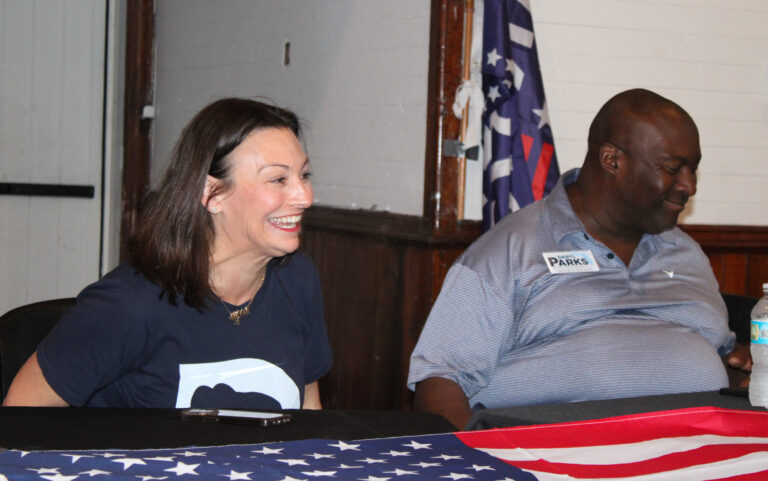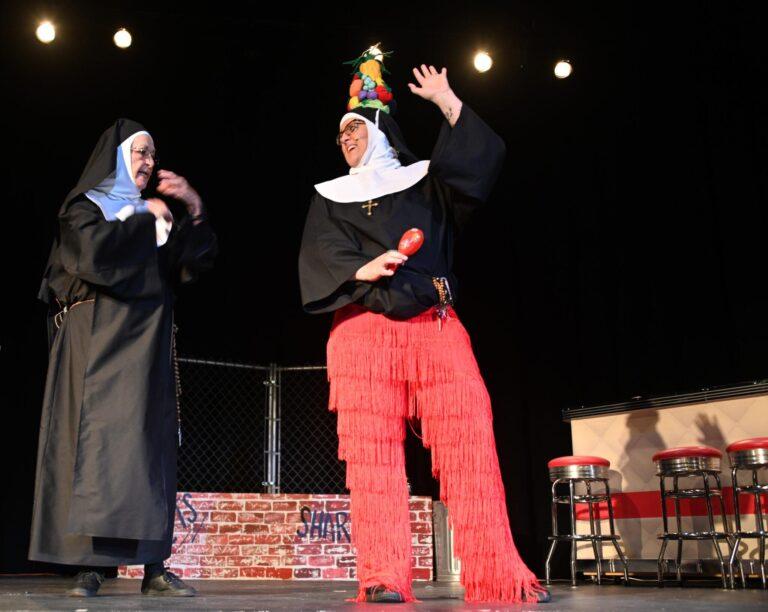Legacy Post Disclaimer
This is a #Legacy post imported from The Apalachicola Time’s previous platform. If you’re experiencing issues with this article, please email us at news@nevespublishing.com.
A plaque for Chapman Gardens
Editor's Note: At a ceremony Friday, a new plaque was dedicated in honor of Dr. Alvan Chapman, the famed botanist for whom the gardens are named. The plaque is part of an historical plaque initiative led by Apalachicola Main Street that honors buildings in the downtown district.
In her remarks, Augusta West, the director of Apalachicola Main Street, thanked Jane Richardson for initiating this plaque and writing the first draft of the text, as well as the supporter of Ranger Jeromy Roundtree and volunteer Linda White of the Orman House State Park, Josh Hodson, manager of Franklin County State Parks, local historian Mark Curenton and Mayor Kevin Begos.
After recounting the well-known achievements of Chapman's, West talked about him as a person, passionate about discovery, willing to hike many miles in the remote wilderness for plant specimens, even late in life. She also wrote about Chapman's legacy as a Union sympathizer who provided intelligence to the Union blockade. The following anecdote is taken from her remarks.
It was midnight on an April night in 1865, and there was a knock at Dr. Chapman’s door. When he opened the door, a young man stood before him. He was thin, dirty, exhausted looking, and his clothes were in tatters. The man’s name was Daniel Bond, and he had just travelled 200 miles through the wilderness after escaping from the horrendous conditions at the infamous Andersonville prison camp in south Georgia.
When Bond escaped he didn’t know which way he would go, and he was so weak that he had to stop and rest after running half a mile. He had recovered from scurvy and dysentery but still suffered from malnutrition-induced night blindness and an overwhelming fatigue. When he decided to follow the Flint, then the Apalachicola Rivers down to the coast to try to reach the Union blockade he had no provisions… no blanket, no canteen, no food, no money. He was afraid he wouldn’t survive the journey, and that if he did the small boat he had appropriated would be swept out to sea where he would die, adrift and alone.
What he found instead was a chain of compassion that started with a series of enslaved people living on the plantations along the rivers and also included deserters, a widow, and others. The people he encountered provided food, shelter, a boat, critical information about navigating the river, prayers, and safe passage through the backwaters of the lower reaches of the Apalachicola River system. The final link in this chain was none other than Dr. Alvan Chapman.
Bond wrote in his journal that after being delivered to Apalachicola by a deserter in a canoe under the cover of darkness: “I was directed to Dr. Chapman and accordingly proceeded to his house and called him up. I told him I was escaped from the enemy, and he seized my hand as if I had been an old acquaintance. After remaining under his friendly roof during what remained of the night and having a breakfast of good light bread, butter, fish, and tea with sugar and milk, we went to the river and seating ourselves in the doctor’s boat, we were soon bounding gayly over the little billows of the bay.”
Let’s consider for a moment what a dangerous and courageous act this was on the part of Dr. Chapman. Another memoir about life in Apalachicola during the Civil War tells us that two men who had helped others reach Union ships suddenly went missing. When a search party went out, the missing men were reportedly found in the woods where they had been tied to trees and shot dead.
Bond continues: “As the shore receded and the long black gunboat with the stars and stripes streaming above her grew larger, my bosom began to swell and I could hardly restrain myself. And when at length we arrived and they let down the ladder and I stepped on her clean white deck I exclaimed, "Joy, Joy, forever, my task is done– The gates are passed, and heaven is won!" (This is a quote from a poem by Thomas Moore). Of course, all he had seen and experienced in the war stayed with him. While still on board a Union steamer in the bay, he scrawled in the back of his journal: “I dream of ghosts.” But thanks to Dr. Chapman and others, Bond did make it safely home. He became a teacher and lived to an advanced age.
This article originally appeared on The Apalachicola Times: A plaque for Chapman Gardens



Meet the Editor
David Adlerstein, The Apalachicola Times’ digital editor, started with the news outlet in January 2002 as a reporter.
Prior to then, David Adlerstein began as a newspaperman with a small Boston weekly, after graduating magna cum laude from Brandeis University in Waltham, Massachusetts. He later edited the weekly Bellville Times, and as business reporter for the daily Marion Star, both not far from his hometown of Columbus, Ohio.
In 1995, he moved to South Florida, and worked as a business reporter and editor of Medical Business newspaper. In Jan. 2002, he began with the Apalachicola Times, first as reporter and later as editor, and in Oct. 2020, also began editing the Port St. Joe Star.